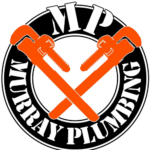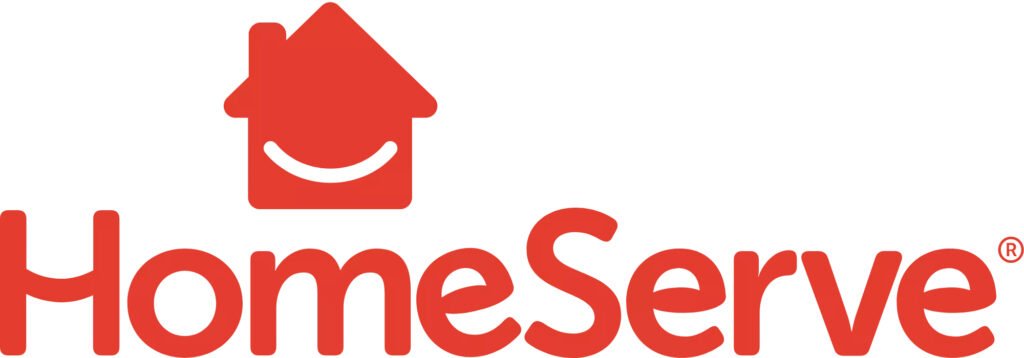About the Author:
With over a decade of experience as a professional plumber serving the Middletown, PA community, I’ve witnessed firsthand the havoc that frozen pipes can wreak on homes during the winter months. As a seasoned expert in plumbing systems and maintenance, I’m passionate about equipping residents with the knowledge and tools they need to safeguard their homes against the damaging effects of cold weather. In this article, I’ll share practical winter plumbing tips specifically tailored to the unique needs of Middletown, PA residents, helping them prevent frozen pipes and ensure their plumbing systems remain functional throughout the winter season.
Winter brings with it the risk of frozen pipes, a common plumbing issue that can lead to costly repairs and water damage if not addressed promptly. As a homeowner in Middletown, PA, it’s essential to take proactive steps to protect your plumbing system from the freezing temperatures that are characteristic of the region. In this comprehensive guide, I’ll outline effective winter plumbing tips to help you prevent frozen pipes and maintain the integrity of your plumbing system throughout the colder months. Check details here.
Understanding the Risks of Frozen Pipes
Before diving into preventative measures, it’s crucial to understand why frozen pipes pose a significant threat to your home’s plumbing system, particularly in regions like Middletown, PA. When water freezes inside pipes, it expands, exerting pressure on the pipe walls and increasing the risk of cracks, bursts, and leaks. Not only can this result in water damage to your property, but it can also disrupt your water supply and lead to costly repairs.
Winter Plumbing Tips for Middletown, PA Residents
- Preventive Insulation: One of the most effective ways to prevent frozen pipes is to insulate vulnerable areas of your plumbing system, such as pipes located in unheated spaces or near exterior walls. Use DIY pipe insulation techniques to wrap exposed pipes with foam insulation sleeves or heating tape, providing an extra layer of protection against the cold.
- Maintain Adequate Heating: Ensure that your home’s heating system is functioning properly and set to a temperature of at least 55°F (12.8°C) to prevent pipes from freezing. Pay special attention to areas of your home that are prone to colder temperatures, such as basements, crawl spaces, and attics, and consider using space heaters or heat lamps to provide additional warmth. Get the full scoop
- Winterize Outdoor Plumbing: Disconnect and drain outdoor hoses, sprinkler systems, and outdoor faucets before the first freeze of the season. Install frost-proof outdoor faucets or use insulated faucet covers to protect against freezing temperatures and prevent outdoor plumbing components from sustaining damage.
- Thawing Frozen Pipes Safely: In the event that your pipes do freeze, it’s essential to thaw them safely to avoid further damage. Never use open flames or high-temperature devices to thaw frozen pipes, as this can increase the risk of fire or cause the pipes to burst. Instead, use gentle heat sources such as a hairdryer or heating pad to slowly thaw the affected pipes.
- Maintain Consistent Water Flow: During periods of extreme cold weather, allow a small trickle of water to flow from faucets served by exposed pipes. The constant movement of water can help prevent freezing by relieving pressure within the pipes and maintaining a consistent temperature.
- Insulate Vulnerable Areas: Insulate walls, attics, and crawl spaces to help maintain warmer temperatures around plumbing pipes. Seal any cracks or gaps in exterior walls or foundation walls to prevent cold air from infiltrating and affecting the pipes.
- Keep Cabinets Open: In colder areas of your home, such as under sinks or in cabinets near exterior walls, keep cabinet doors open to allow warm air to circulate around the pipes. This can help prevent them from freezing during periods of prolonged cold weather.
- Schedule Professional Inspection: Consider scheduling a professional plumbing inspection before the onset of winter to identify any potential vulnerabilities in your plumbing system. A licensed plumber can assess the condition of your pipes, identify areas of concern, and recommend appropriate winter plumbing preparations to safeguard your home.
Conclusion
By implementing these winter plumbing safety tips and taking proactive measures to protect your plumbing system, you can minimize the risk of frozen pipes and avoid the headaches associated with water damage and costly repairs. Remember, prevention is key when it comes to maintaining a functional and reliable plumbing system, especially during the harsh winter months in Middletown, PA. Stay proactive, stay informed, and keep your home safe and comfortable all winter long.



